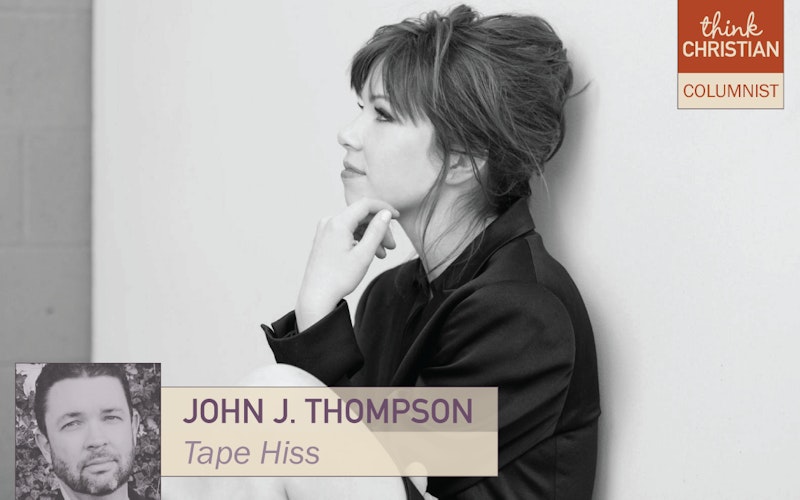
Music
The perilous pleasure of Carly Rae Jepsen’s Emotion
With the release of Emotion, a bubble gum triumph with an (unintentionally) existential dark side, Carly Rae Jepsen makes a credible grab for Taylor Swift’s pop princess tiara. With the support of a certified “who’s who” of today’s hottest writers and producers, Jepsen emerges as a force with which to be reckoned.
Emotion is one of the more sonically sophisticated and layered records of the year. Though still committed to the sort of Teflon earwormery that got Jepsen invited to the Top 40 in the first place, deeper tracks reveal some truly tasty production choices. From the ’80s synth and drum palette to hook after relentless hook, Emotion serves up enough diversity to keep things aurally interesting. Jepsen is not a great singer, of course, but she is an incredibly effective one. The producers deftly carve out just the right amount of room for her understated vocal style. On “Black Heart,” the one time she tries to wail, she channels a bit of another not-great-but-effective singer: Madonna.
By leaning hard into the best writers and producers in the business, Jepsen manages to top her previous work. The spirit of “Call Me Maybe” is revisited in the form of this set’s first single, “I Really Like You,” as well as other tracks. Yet the preponderance of the material suggest that there is more to this artist. While it’s certainly true that the work is technically, sonically and melodically excellent, the lyrics reveal a sad acquiescence to the spirit of our age.
Emotion is old-school hedonism camouflaged as sticky sweet, faux female empowerment.
While Taylor Swift continues to mine her relatively innocent diary pages for lyrical fodder, Jepsen is much more committed to opaque generalities culled from tweets, emojis and Instagram captions. If “Call Me Maybe” captured the then-current teen-girl emoticon zeitgeist in a non-threatening, awkward way, Emotion is all confidence and come-hither swagger. Jepsen is no longer satisfied to sit around and wait for some boy to call her. She’s taking the initiative and living up to every party girl cliché. In fact, the lyrics paint Jepsen as every player’s dream girl; she’s just as shallow as them. The most pressing priority in any given moment is what she wants, and what she wants is to relish the thrill of shallow sexual expressions with cute boys.
While the tracks here reveal increased maturity and thought, the lyrics are woefully adolescent. Semi-random hook-ups careen into each other from song to song, so that they echo our current “dating apocalypse” more than any sort of Christian vision of sex as a joyful sign of real relationship and commitment. Even the references to something being amiss about all this (“Run Away With Me”) mostly serve to make empty sex more attractive.
Emotion is a frustratingly excellent example of the modern pop milieu - and by extension, the tragic disconnection of our popular culture from any kind of connection to something bigger than temporal pleasure. It’s old-school hedonism camouflaged as sticky sweet, faux female empowerment. There’s no real humanity here - no relationship, no give and take, no serving of another. The source of sexuality and connection, and the hunger those things reveal in the human heart, is glibly ignored. There are no consequences in Jepsen’s dance-floor world. It’s all wants and feelings and impulses. Sure, it may be far less obvious than the cartoonish sleaze of Nicki Minaj, but it’s the same basic stuff. As attractive as these songs are, it’s hard not to hear them as seeds that will one day lead to tearful sessions in a therapist’s office or a support group meeting. The future regrets and pain are everywhere here, shining like fool’s gold in a rippling stream.
Topics: Music, Culture At Large, Arts & Leisure, Home & Family, Sex